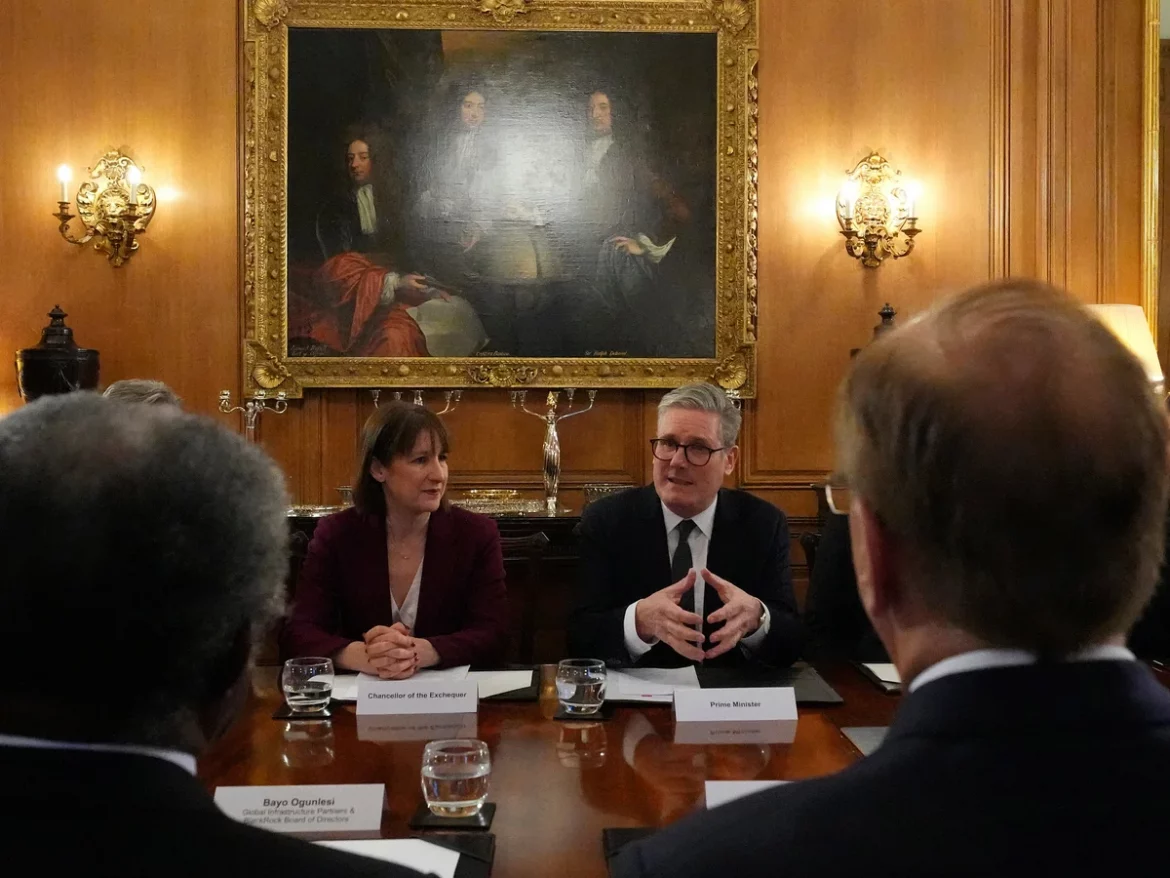The UK’s chief climate adviser has warned that ensuring that the costs of decarbonisation are shared fairly across society must be a top priority for ministers or they risk losing public support for net zero.
Keir Starmer and Rachel Reeves should be making a “strong, confident” case for decarbonisation as an engine of economic growth, according to Emma Pinchbeck, the chief executive of the Climate Change Committee, the independent statutory adviser.
But politicians of all parties had difficulty grasping the scale and speed of the shift to a low-carbon economy, despite the huge economic benefits it could bring, she said, while the public were often still in the dark over what net zero would involve.
“I would absolutely love to see the government confidently championing this agenda,” she told the Guardian. “They can call it what they like, but it is important that they do it.”
Read also: Labour leaders threaten to fight should PM back huge oilfield
While cutting greenhouse gas emissions requires upfront investment, in renewable forms of power such as wind and solar, it delivers cost savings and greater efficiency in the longer term. “Decarbonisation is better for growth than not decarbonising,” said Pinchbeck. “That’s largely to do with the efficiency of using clean energy through the economy, rather than relying on fossil fuel imports. It’s just a very much more efficient energy system.”
She added: “There’s a very powerful economic argument here, and it always troubles me when I hear politicians polarise them [the issues of economic growth and moving to a low-carbon society]. Because they are essential to one another. You can’t have economic growth without delivering on net zero.”
Reeves was accused this week of ignoring environmental concerns in pursuit of growth at all costs, in greenlighting the expansion of Heathrow airport and streamlining the planning regime for other infrastructure. While the chancellor reaffirmed her commitment to the government’s net zero targets and placed green provisos on airport expansion, she made clear that growth was the top priority, which has raised concerns among some environmentalists.
The CCC will not oppose the chancellor’s plans – its job is to advise on how to meet the UK’s net zero targets, not prescribe policy. Its experts analyse the various means by which emissions could be cut, and where choices must be made. Airports can be expanded, the CCC has said previously, but the government must then seek equivalent carbon savings elsewhere.
Story was adapted from the Guardian.
